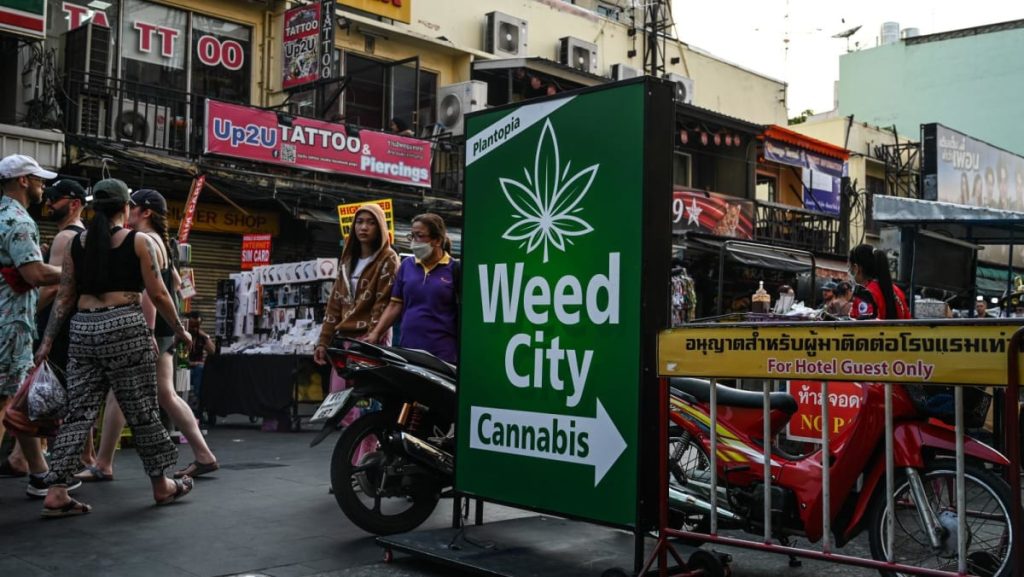The Pheu Thai-led government in Thailand has been circulating draft bills on cannabis for months, but there is still a lack of clarity on how changes to the law will be enacted. The Ministry of Public Health has stated that more consultation is needed before a final bill is decided by the cabinet and proposed to parliament. The Narcotics Control Board will determine the finer details of the bill. Cannabis is a divisive topic within the ruling coalition government, with one of Pheu Thai’s partners, Bhumjaithai, being instrumental in legalizing cannabis.
Former health minister and Bhumjaithai leader Anutin Charnvirakul has been vocal about the need for a proper and formal review before any new restrictions on cannabis are put in place. Delicate negotiations within the ruling coalition have been ongoing to determine the restrictions and avoid causing a fracture in the government. The relationship with Bhumjaithai is seen as crucial, and it is believed that talks have already taken place. Despite the push to re-criminalize cannabis, it is unlikely to cause Bhumjaithai to leave the coalition.
The government, facing obstacles to fulfilling key election promises, is looking towards cannabis as an area to gain momentum and win favor with conservative voters. Cannabis usage has spiked in recent years, raising concerns about social impacts. While some welcome the prime minister’s firm stance on cannabis, there is still uncertainty about the details of the policy. Economic factors, such as the potential tax revenue from cannabis sales, may also influence the government’s decisions.
Taxing cannabis could provide significant revenue for the government, which could be appealing for an economy still recovering from COVID-19. Despite efforts to crack down on cannabis, it is unlikely to be eradicated completely due to the economic benefits it offers. The government is trying to balance fulfilling campaign promises with the potential economic benefits of cannabis as a commodity. Profits are expected to be a determining factor in the government’s decision-making regarding cannabis policy.
The government has reshuffled the cabinet to help push through its political agenda, with cannabis shaping up as an area where they can gain momentum. Populist policies such as reducing electricity prices and raising the minimum wage have faced obstacles, but cannabis policy is seen as a potential win for the government. The government is facing pressure to address the concerns of the conservative electorate regarding cannabis use and its social impacts. Ultimately, the government must strike a balance between fulfilling campaign promises, addressing social concerns, and capitalizing on the economic benefits of cannabis.


